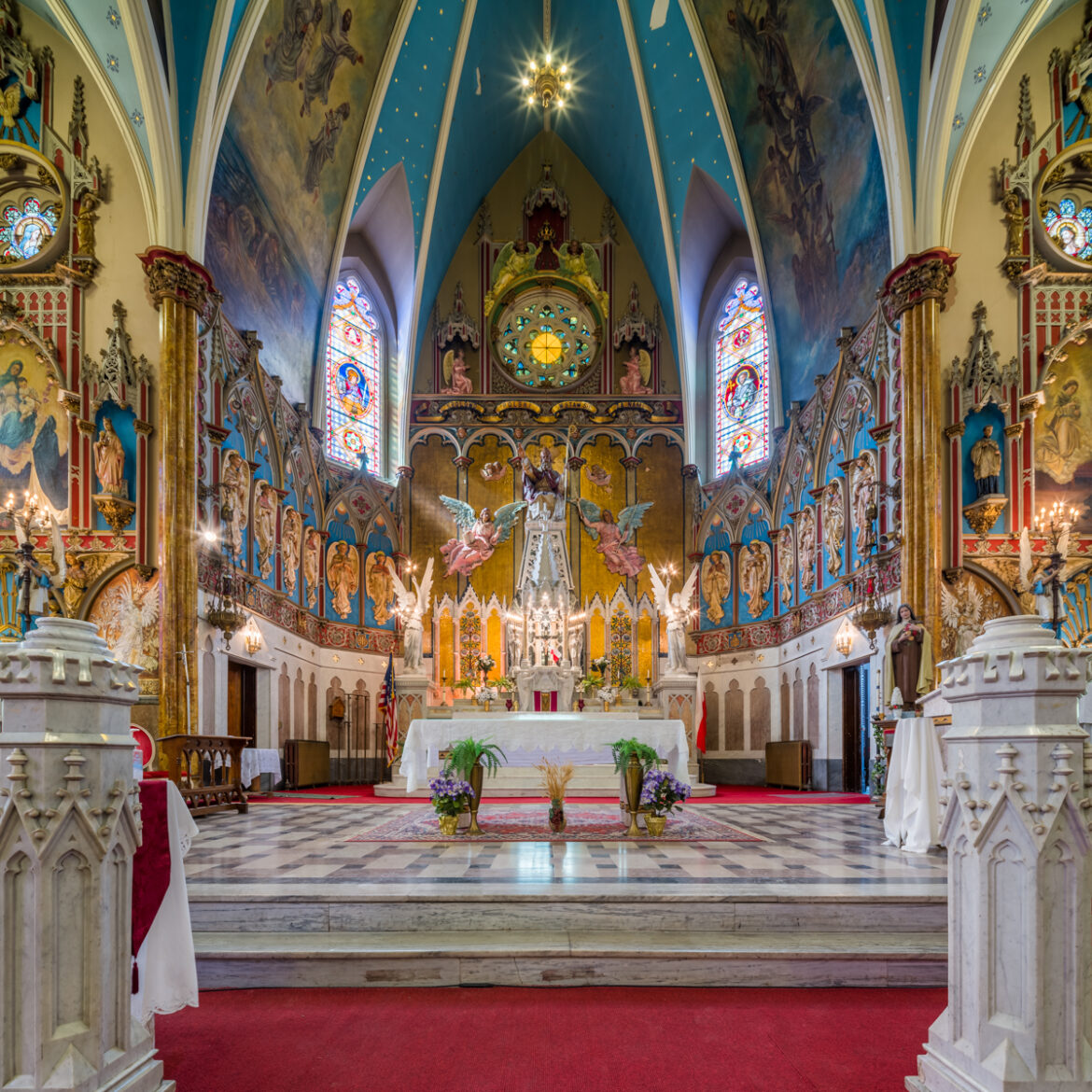The Church of England, a venerable institution steeped in history and tradition, stands as a beacon of hope and continuity within the Christian faith. It is often likened to a sturdy vessel navigating the tumultuous waters of societal change, maintaining its course while adapting to the shifting tides of culture and belief. This essay endeavors to explore the multifaceted role and beliefs of the Church of England, weaving a narrative that captures its essence and relevance in contemporary society.
Emerging from the ecclesiastical reformation of the 16th century, the Church of England carved its identity in the rocky terrain of political as well as religious upheaval. At the heart of its establishment was the desire for an axiom of independence from Papal supremacy. This act of defiance birthed a church that embraces a syncretic nature, blending Catholic traditions with Protestant reforms. Such a harmonious amalgamation is emblematic of the Anglican ethos, which advocates for a comprehensive approach to theology, liturgy, and ecclesiastical governance.
The Church of England is structured under the umbrella of the Anglican Communion, a global family of churches that share a common heritage while allowing for diverse expressions of faith. This unique positioning allows it to strike a balance between catholicity and reformation, offering a platform where tradition and innovation coalesce. The Church serves not just its congregation but operates as a conduit for dialogue between differing theological perspectives, fostering an environment where questions are welcomed, and exploration is encouraged.
Central to the identity of the Church of England are its fundamental beliefs, encapsulated within the Thirty-Nine Articles. These articles signify a commitment to the creeds of the Christian faith while delineating its doctrine on matters such as scripture, sacraments, and the nature of salvation. Through the lens of the Anglican perspective, one observes a dynamic interplay between scripture, reason, and tradition—often referred to as the ‘three-legged stool.’ Each element plays a pivotal role in shaping theological discourse, ensuring that faith remains robust and responsive to the complexities of human experience.
Worship within the Church of England reveals an exquisite tapestry of ritual and reverence. The Book of Common Prayer, a cornerstone of Anglican liturgy, provides a framework for communal worship and personal devotion, rich in poetic language and encompassing various aspects of the Christian life. From baptism to burial, the rites articulated within this book echo through the ages, connecting believers with their forebears and grounding their faith in a shared history.
Moreover, the Church’s liturgical calendar engages the faithful in a cyclical rhythm of remembrance and celebration. Key seasons such as Advent, Lent, and Easter invite congregations to embark on spiritual journeys marked by reflection and renewal. The cyclical nature of these observances serves as a metaphorical compass, guiding individuals through life’s myriad challenges and triumphs while fostering a deeper communion with the Divine.
In many respects, the Church of England serves as a custodian of moral and ethical discourse within society. As issues of social justice, poverty, and ecological stewardship increasingly dominate public conversation, the Church positions itself as both an advocate and a voice of conscience. The prophetic tradition, deeply embedded within its teaching, calls its members to embody Christ’s love in action, encouraging engagement with the wider community and a commitment to holistic transformation.
Education and the Church’s role in nurturing faith form another salient aspect of its contribution to society. Through its extensive network of schools, the Church of England promotes a values-based education, emphasizing integrity, respect, and service. Engaging young minds, it lays a foundation for ethical decision-making rooted in the teachings of Christ, ensuring future generations carry forth the light of the Gospel in a world often shrouded in moral ambiguity.
Yet, the Church of England navigates a landscape fraught with challenges. The proliferation of secularism and the diversification of belief systems pose significant questions regarding its relevance. However, resilience characterizes the Church’s response, as it seeks to redefine its mission without compromising its core beliefs. In adapting to new societal contexts, the Church endeavors to remain a pertinent witness to Christ’s love and truth.
The story of the Church of England is one of an enduring commitment to faith amidst a sea of change. It emerges as a symbol of unity within diversity, inviting individuals from various walks of life to partake in its rich heritage. The appeal of Anglicanism lies not solely in its historical significance but also in its ability to articulate profound truths in ways that resonate with contemporary seekers of faith.
In the grand tapestry of Christian history, the Church of England occupies a unique position, encompassing both the solemnity of tradition and the vibrancy of modernity. Its journey continues as it reflects on its past and envisions its future, ever striving to serve as a vessel of grace and hope within a fractured world. As the metaphorical ship steadies itself against the winds of change, it sails forth, inviting all to embark on the transformative voyage of faith, anchored in the belief that love, ultimately, is the enduring legacy of Christ.



